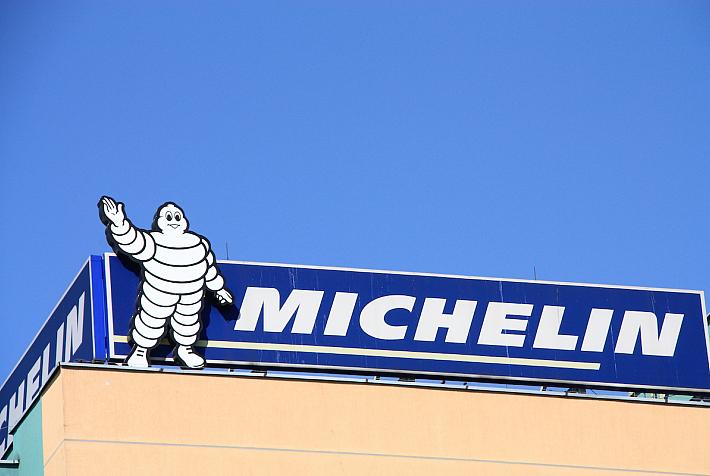World Bank report outlines business friendliness of Romanian cities

The Romanian capital Bucharest generally performs better than smaller cities in the country in the way it deals with the demand for business services, according to the latest World Bank report Doing Business in the European Union 2017: Bulgaria, Hungary and Romania.
The report looked at business regulations affecting domestic small and medium sized firms in five areas: Starting a Business, Dealing with Construction Permits, Getting Electricity, Registering Property, and Enforcing Contracts.
Brasov, Bucharest, Cluj-Napoca, Constanta, Craiova, Iasi, Oradea, Ploiesti and Timisoara were the Romanian cities analyzed.
In Romania starting a business anywhere in the country requires the same six procedures and the same fees, equivalent to 1.5% of income per capita. Still, the time it takes varies from 12 days in Bucharest, Oradea, Ploiesti and Timisoara to 25 days in Craiova. The main factor behind this variation is the time it takes to register for VAT. In Constanta it takes two weeks.
Bucharest has the most streamlined process in dealing with construction permits, the report found. In the capital it takes 24 procedures, while in Cluj-Napoca, Ploiesti and Timisoara it requires 27. The main difference among the Romanian cities is in obtaining project clearances before construction. This process is most efficient in Craiova, the Romanian city that has advanced furthest toward global good practices in construction permitting.
But Craiova has neither the fastest nor the least costly construction permitting process overall in Romania. Instead, thanks mainly to a City Hall that operates very efficiently, Oradea stands out as having the fastest process, requiring 156 days, the report notes. By comparison, it takes more than 300 days in Constanta and Timisoara. Oradea also has the most expensive process, with the cost four times that in Cluj-Napoca, Craiova or Iasi.
Getting electricity takes on average nine procedures, 195 days and 507.8% of income per capita in Romania. Customers in Bucharest, Cluj-Napoca, Constanta, Craiova, Iasi and Oradea are subject to less frequent and shorter power outages than those in the other four cities benchmarked.
Establishing a new connection is easiest in Iasi, where it takes eight procedures and 173 days, and most difficult in Timisoara, where it requires one more procedure and two more months. The variation in time is driven mainly by how long it takes to complete the connection works (ranging from 52 days in Iasi to four months in Timisoara) and to obtain a construction permit for connection works (from one month in Bucharest to three months in Constanta). Ploiesti has the lowest cost for getting a new connection (423.7% of income per capita), and Constanta the highest cost (666.3% of income per capita).
In all nine Romanian cities surveyed, registering a property takes six procedures, 16 days and costs 1.4% of the property value. Small variations arise in the cost of obtaining a fiscal certificate from the municipality. Brasov, Bucharest, Craiova and Timisoara issue this certificate at no cost, while Ploiesti charges the highest amount, RON 115. Property registration in the Romanian cities takes over a week less than the EU average, and costs almost 3.4 percentage points less as a share of the property value.
Enforcing a contract is easiest in Timisoara, where it takes 15 months. It is the most difficult in Brasov, where it takes 23 months. Timisoara combines speedy trials with a relatively high quality of judicial processes and relatively low costs compared to the other Romanian cities.
In Brasov, vacancies in judges’ positions make it more difficult to deal with caseloads. Brasov also lacks a specialized commercial division at the tribunal level, and its electronic case management system provides inadequate access for lawyers. At the same time, Ploiesti has the second-longest contract enforcement time in Romania, at nearly 22 months.
The full report is available here.
Romania makes little progress in World Bank’s Doing Business 2017 ranking
editor@romania-insider.com















